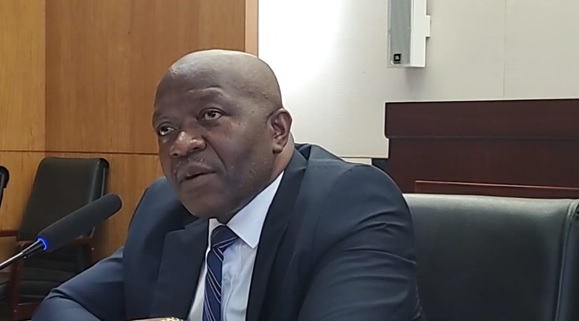Political commentators are raising alarms about the increasing presence of the Russian government in Africa, particularly as concerns mount over whether Liberia might become the next target of Russian influence. As the geopolitical landscape shifts, there is speculation that the Wagner Group, a private military company with ties to the Kremlin, may expand its operations along the Atlantic coast, potentially affecting Liberia and neighboring Sierra Leone.
Historically, U.S. adversaries have capitalized on moments of American political distraction, especially during election seasons, believing they can pursue aggressive foreign policies with little resistance. With President Biden now opting out of reelection, he finds himself at a pivotal crossroads. This presents an opportunity for him to reshape his legacy and reinforce America’s strategic interests on the continent.
Biden’s administration has faced criticism for its handling of Africa, particularly in the context of the Horn of Africa, which has seen a strategic shift toward China, and the Sahel region increasingly falling under Russian influence. Former U.S. presidents have left distinct legacies in Africa; George W. Bush is remembered for his fight against HIV, Barack Obama for his controversial drone strikes, and Donald Trump for his disparaging remarks about African nations. It remains to be seen what Biden’s legacy will be, but the current trajectory raises concerns about the U.S.’s diminishing role.
Michael Rubin, a contributor to the Washington Examiner’s Beltway Confidential blog, emphasizes the urgency for Washington to act. He argues that regardless of the willingness of Liberia’s and Sierra Leone’s leaders, the time has come for the U.S. to counter the Wagner Group’s ambitions before they establish a more significant foothold in the region.
As the world watches closely, the question remains: will the U.S. take decisive action to thwart Russian influence, or will it allow another African nation to slip into the hands of foreign powers? The clarity of the Biden administration’s strategy in Africa could define not only his presidency but also the future of U.S. relations with the continent.







